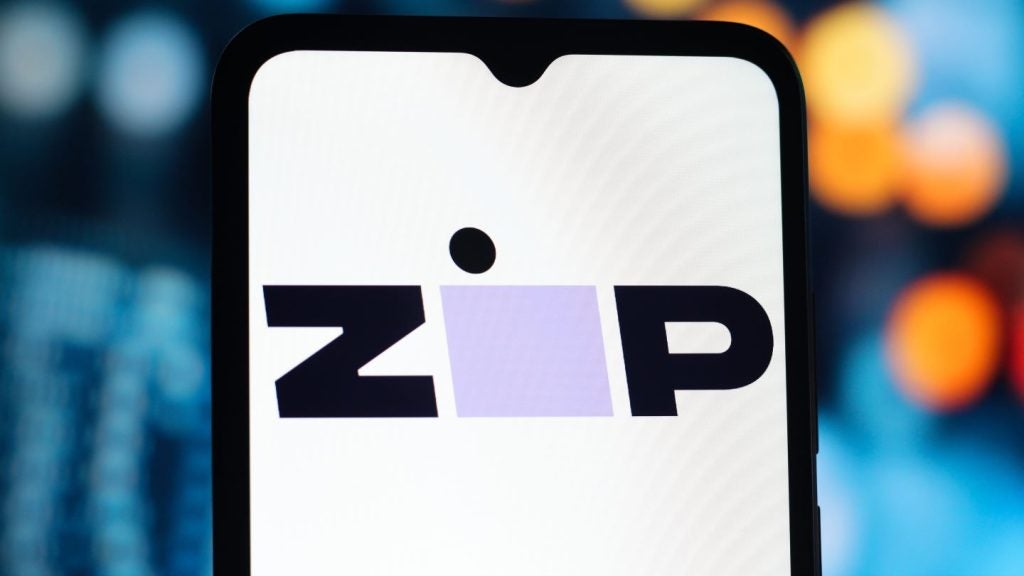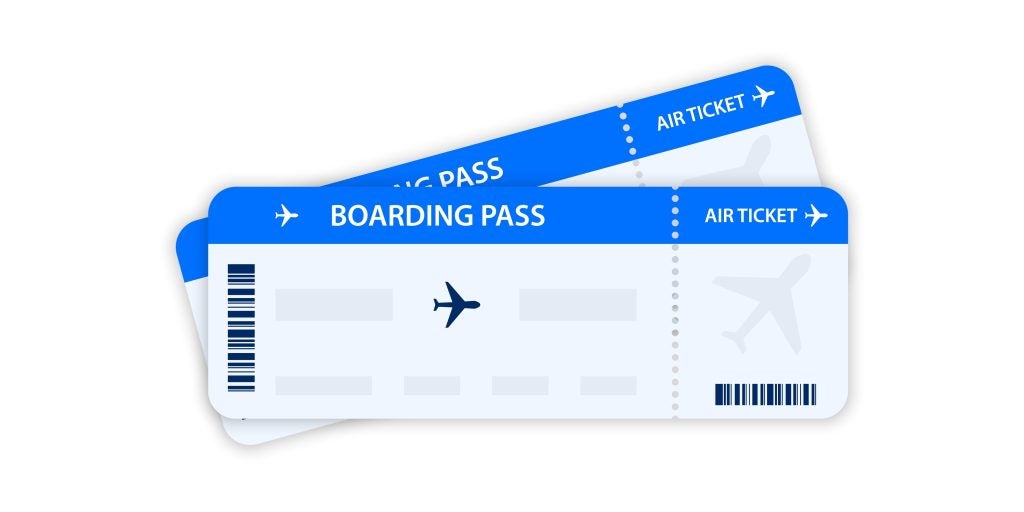In today’s fast-paced digital business environment, B2B buyers are prioritising convenience and ease as a means to save time and reduce costs. That may sound obvious, but for suppliers navigating an increasingly complex landscape, it’s a crucial reminder that even your most valued customers can switch quickly if their expectations aren’t met.
The net result is that B2B loyalty is more fragile than ever. In our recent research, global B2B buyers highlighted the key drivers of satisfaction — 83% rated the ability to purchase online as a top priority, followed closely by frictionless transactions (81%), a consistent cross-channel experience (81%), and flexible payment options (81%). The message is clear: if you’re not delivering on these expectations, your customer’s loyalty to you, even after years of working together, can potentially dissolve with a single email to a rival’s sales team.
Our research indicates that to stay competitive, B2B ecosystem players must now prioritise delivering a seamless, dependable, and future-ready purchasing and payment experience. Key opportunities for improvement include adopting innovative pricing models, offering advanced digital payment solutions, and strengthening purchasing controls.
The bottom line is that today’s B2B buyers expect more than merely the basics. They’re looking for partners who continuously evolve and enhance the overall buying journey. VML, the global marketing and advertising leader, has also explored this issue closely, uncovering strong demand for a seamless omnichannel purchase journey, integrating both physical and digital touchpoints. But in practice, that ideal often falls short. A significant 46% of global B2B buyers report frustration with buying products online, 45% say online purchasing is more complicated than offline, and over half (51%) believe B2B sellers don’t fully understand the friction points in the digital buying experience.
Why can’t you look after me the way Amazon does?
Given these sentiments, it’s perhaps no surprise that the B2B landscape is seeing significant churn. In fact, 40% of global B2B buyers have switched all of their suppliers within the past 12 months. Even more telling, 66% say that the quality of service they receive matters more than the brand or company they’re buying from.
Jordan Cox, a UK-based Principal Consultant at VML, echoed these concerns during a recent high-level fintech salon in London, which we hosted to explore the key trends shaping the future of B2B payments. A guiding theme of the discussion was the shifting nature of B2B buyer loyalty—driven largely by a new, digitally native generation stepping into purchasing roles. According to Cox and other payments experts, these buyers bring expectations shaped by consumer platforms like Amazon, making them inherently more selective and less loyal than their predecessors.

US Tariffs are shifting - will you react or anticipate?
Don’t let policy changes catch you off guard. Stay proactive with real-time data and expert analysis.
By GlobalDataCombined with inflationary pressures, this generational shift is accelerating the drive for cost reduction and prompting more frequent supplier changes. As a result, it’s become essential for B2B sellers to adapt quickly by delivering seamless, digital-first experiences. Multiple speakers at the event emphasized that customer loyalty in B2B settings has become increasingly fragile, eroded by economic uncertainty and evolving buyer expectations, underscoring how volatile what was once a traditionally stable relationship has become.
Seamless, simplified experiences and a payment solution that supports customers
So, if digitally native generations entering procurement roles expect seamless, simplified experiences similar to consumer platforms, how should you respond?
Today, B2B customer loyalty goes far beyond price. It’s about trust: the confidence that your business is dependable and will step in to solve problems, even when the path forward isn’t obvious. If you’re not hitting those bases, you risk losing accounts. It really is that simple.
And rather than relying on one-size-fits-all solutions, you need to offer standardised yet flexible, personalised options that can be configured to meet each customer’s specific needs. In other words, loyalty can be earned, and challenges overcome, by delivering simplified, seamless experiences, supported by a payment solution that’s built to adapt.
Flexibility, especially in areas like payments, was identified at our event as a key driver of experience loyalty: the kind of loyalty earned by consistently meeting each customer’s unique needs. For B2B sellers looking to win back buyer trust, delivering seamless, simplified experiences, especially when it comes to payments, can be a powerful differentiator.
As one panellist put it: “A flexible payment solution that works across online, offline, and integrated systems helps meet buyers where they are. It reduces friction and builds trust. When you make it easy for customers to purchase how and when they want, you’re not simplifying the transaction; you’re reinforcing the relationship.”
The takeaway has to be that assuming loyalty, even in long-standing B2B relationships, is risky. Fragile loyalty is a fact of life for suppliers today. That’s why it’s essential to invest in delivering a top-tier, B2C-style digital experience, and to keep asking yourself: How can I make my customer’s life easier, smoother, and more rewarding?

The author is Chief Commercial Officer at global B2B payments network TreviPay









